Swiss lawmakers are pressing the federal government to reconsider the country’s 36-jet F-35A order after Washington imposed steep new tariffs on Swiss goods – including a surprise 39% levy on cast gold bars widely used in global trade. The tariff decision, announced in a recent U.S. notice and confirmed by Swiss officials in talks in Washington this week, has shaken Bern’s calculations on the marquee purchase, which is already under intense domestic scrutiny. Aviation Week reported on Friday that several Swiss parliamentarians had urged a reconsideration of the Lockheed Martin purchase after the tariff shock, arguing that the United States has undermined the political basis for a major arms package with a neutral partner. The months-long public row over cost increases and transparency in the Air2030 fighter recapitalization The move comes amid pressure. The call came.
What changed: Tariff shock
The immediate trigger was Washington’s new import duties on Swiss 1-kilo and 100-ounce gold bars, a move that sent bullion markets soaring and threatened a linchpin of Switzerland’s export mix. Bern confirmed that talks were underway to mitigate the impact. Industry leaders have warned that the tariffs would make US-bound shipments uneconomic, with precision manufacturing and watchmaking widely spread.
While the F-35 deal is not directly subject to tariffs, politicians argue that the measures change the political context for big-ticket US arms deals. Switzerland’s pro-business Free Democrats (FDP) have also signaled they are open to re-examining the acquisition in light of trade tensions – a party that has previously The program was supported. An unusual move for what was.
- A USAF F-35A visits Meiringen Air Base near Bern, Switzerland, where the Swiss Air Force plans to build its 36 ordered F-35s. (Osobe)
Deal status
Switzerland selected the F-35A in 2021 and contracted for 36 aircraft in 2022 under Air2030, with deliveries scheduled to begin later this decade. The program has faced growing domestic criticism over its affordability and life-cycle risks. Petitions and campaigns have kept up the political heat, and Swiss media have been reporting on the alleged price hikes against “fixed price” expectations. Reported disputes over the increase – claims the government is pressuring Washington.
Purchase ends politics
Friday’s calls do not automatically end the F-35, but they do raise the possibility of parliamentary action or referendum initiatives to limit or open up parts of the program. Any move to cancel would clash with several harsh realities:
- Contractual contact and schedule risk. Termination could trigger penalties and leave a multi-year capability gap as the F-5/F-18 fleet ages. Re-running the competition for Rafale, Eurofighter or Gripen would push the timeline back. Right.
- Interoperability and neutrality. The choice of the F-35 aligns Swiss air policing and situational awareness with neighbors (Italy, Germany, Denmark, Norway). A pivot to a European platform could maintain some alignment but still create new Integration work will include.
- Offsets and industry. Switzerland negotiated an industrial partnership linked to the F-35. A new offset framework with any replacement supplier will be required to issue those contracts.
- An F-35A lands on the runway at Meiringen Air Base. (Christian Eibach)
Why the tariff fight matters to defense
The tariff shock has broadened the already fraught debate from “which jet” to “which partner.” For proponents of the cancellation, punitive U.S. trade measures run counter to the spirit of strategic purchases from allies, and therefore justify resetting them. For defenders of the deal, air sovereignty and regional Interoperability imperatives argue for staying the course while Bern diplomatically fights tariffs.
What to watch next
- Government stance. Whether the Federal Council signals any formal review of Air2030 in its tariff response will be the first indicator of policy movement.
- Parliamentary action. Cross-party motions or committee hearings could set near-term milestones toward a pause or renegotiation. A report in Aviation Week suggests momentum for such a move is building.
- Street politics. Petitions and ballot measures have kept pressure on the program. Additional signature campaigns could target the referendum vehicle.
- Unterbeck Military Old and new at the airfield: A modern F-35A is in the foreground and the F-5E has been preserved as a museum exhibit. (Christian Abeck)
The bottom line
The F-35 has always been more than an aircraft in Switzerland; it is a proxy for price, sovereignty, neutrality – and now trade policy. At a delicate juncture in Air2030, U.S. tariffs have given opponents a new advantage. Whether Bern chooses to renegotiate, recalibrate or double down will depend on how quickly Washington and Switzerland can defuse the trade dispute – and how much political risk Swiss leaders are willing to take to keep deliveries on track.
Read More: Spain Rules Out F-35, Backs European Fighters in Strategic Shift
FAQs: Frequently Asked Questions
Swiss lawmakers are concerned after the US imposed heavy tariffs on Swiss exports, such as gold bars. Even though the F-35 deal itself is not subject to taxes, many see the new trade tensions as a reason to reconsider buying the US jets. They argue that if the US punishes Swiss businesses, how does it undermine the trust needed for such a large arms deal?
The US tariffs on Swiss gold bars hit a sensitive point because Switzerland is a global hub for gold trading. The decision sent gold prices soaring worldwide. With inflation fears still trending on Google, investors are now searching for “gold prices today” and “safe-haven assets,” making the issue bigger than just the fighter jet deal.
Yes, it’s possible but difficult. Canceling could lead to fines, delays, and gaps in air defense. Switzerland could consider jets like France’s Rafale or Eurofighter, which are now gaining attention as “made in Europe” options. But switching would bring new costs and integration challenges, so it’s not an easy move.
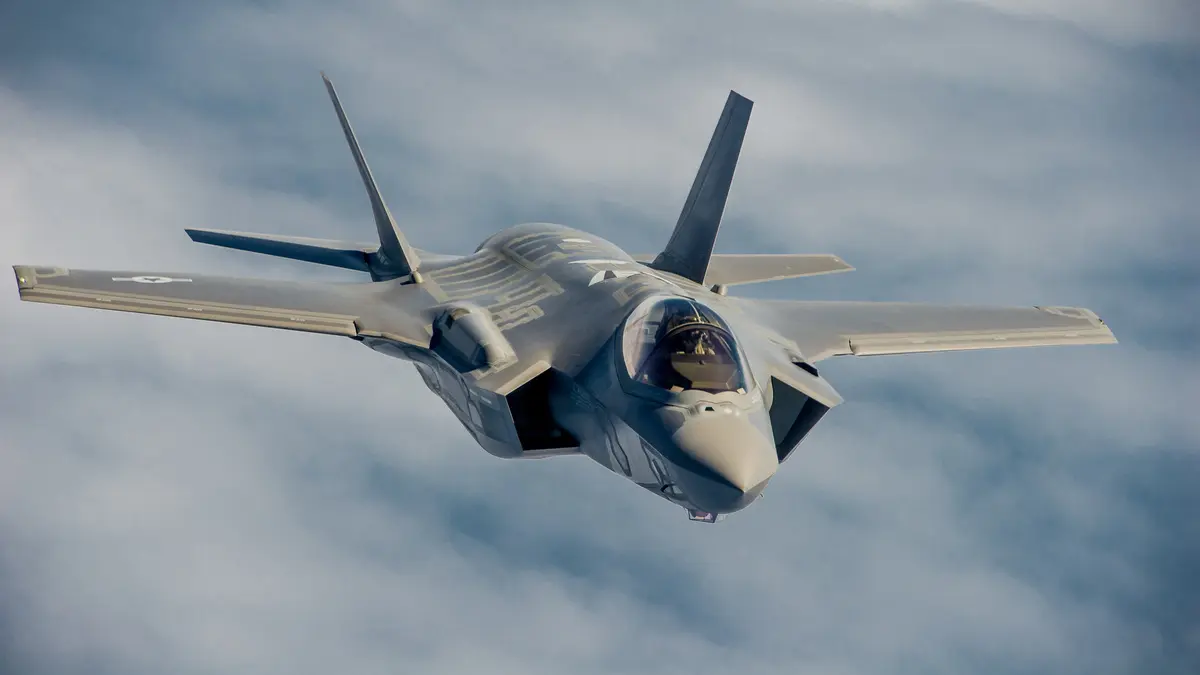
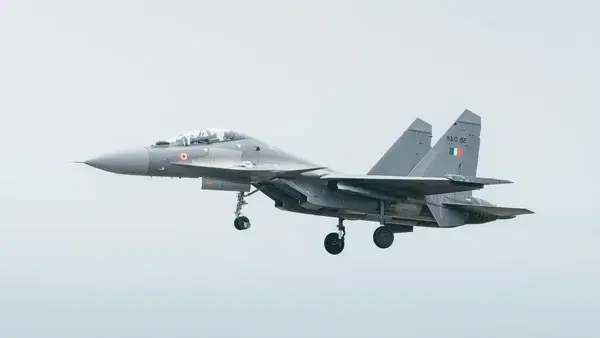
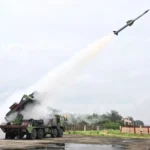

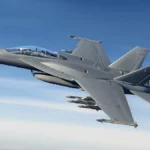
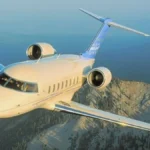


Leave a Reply